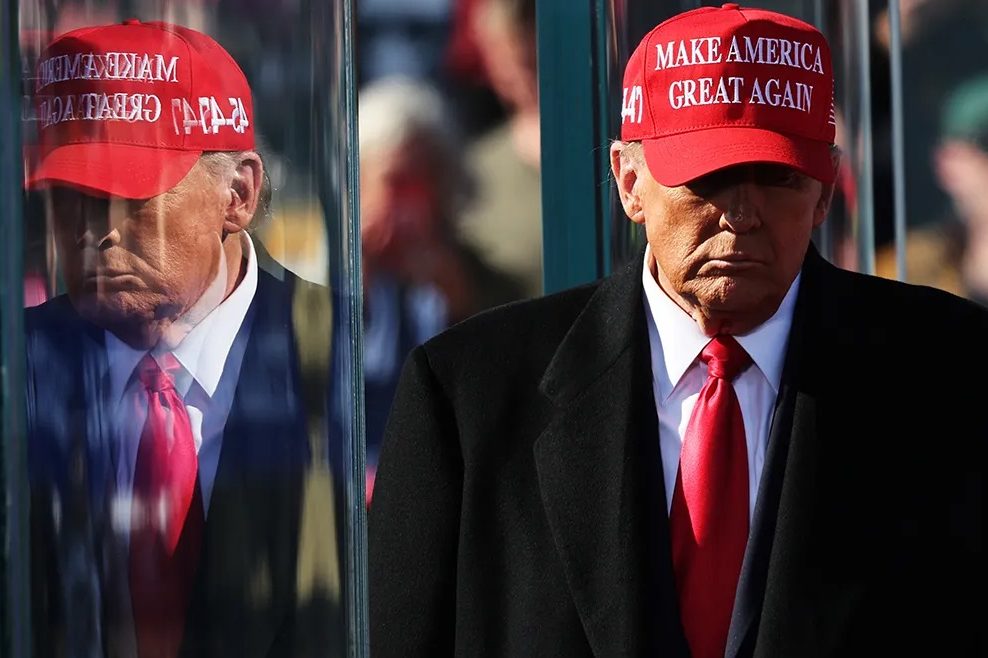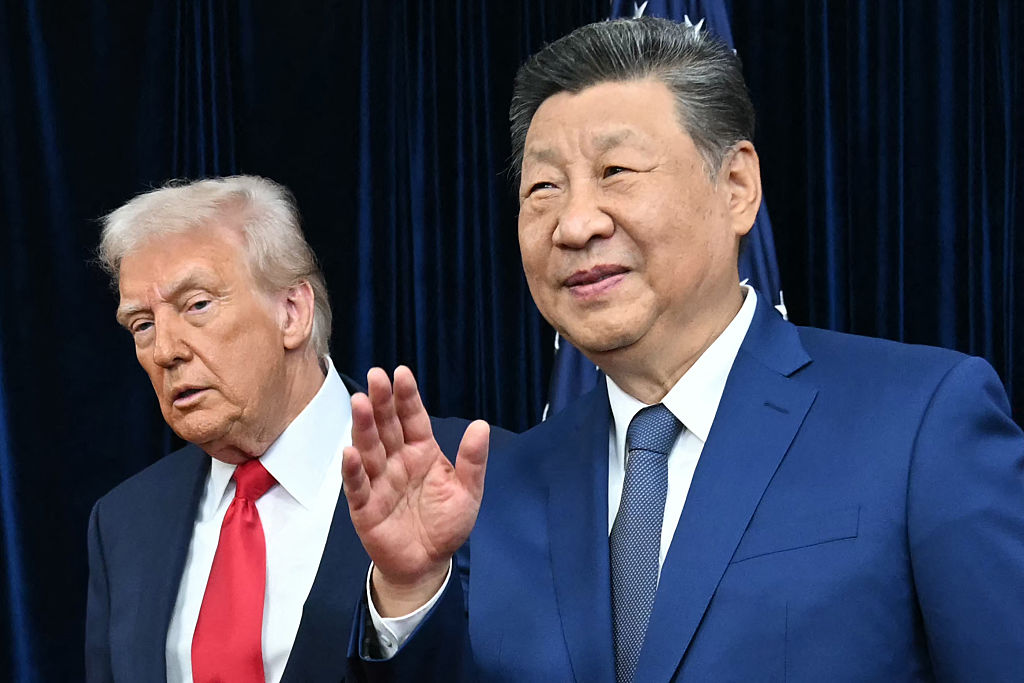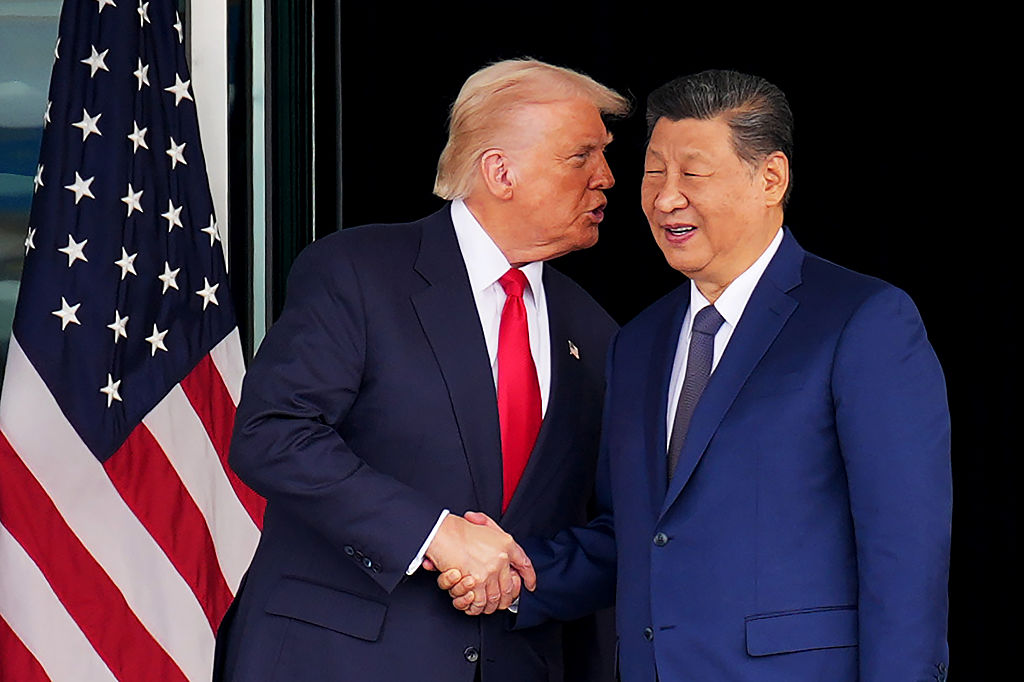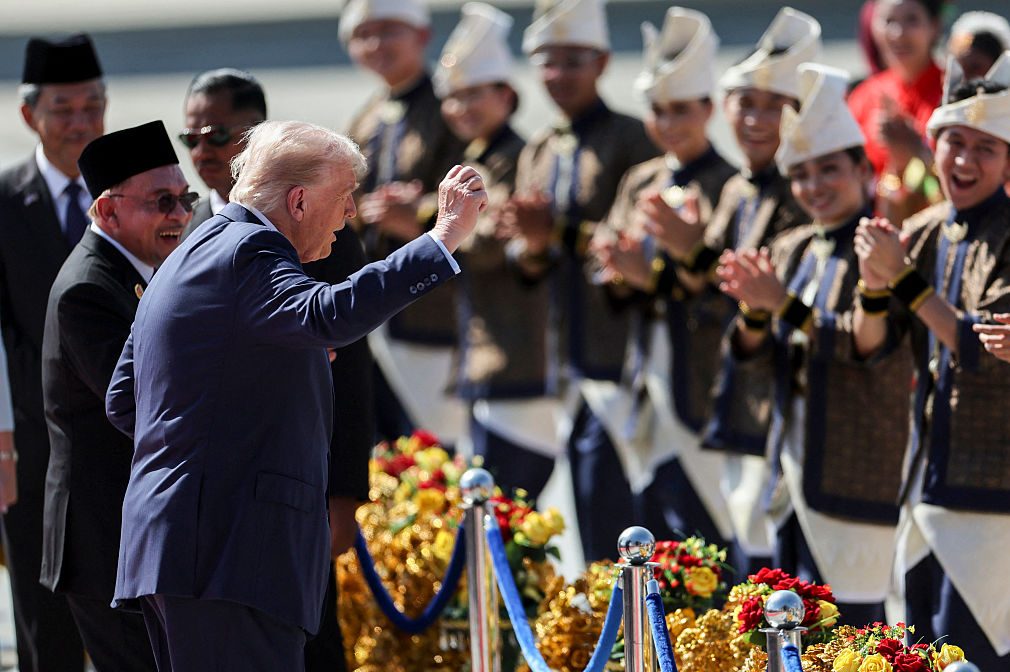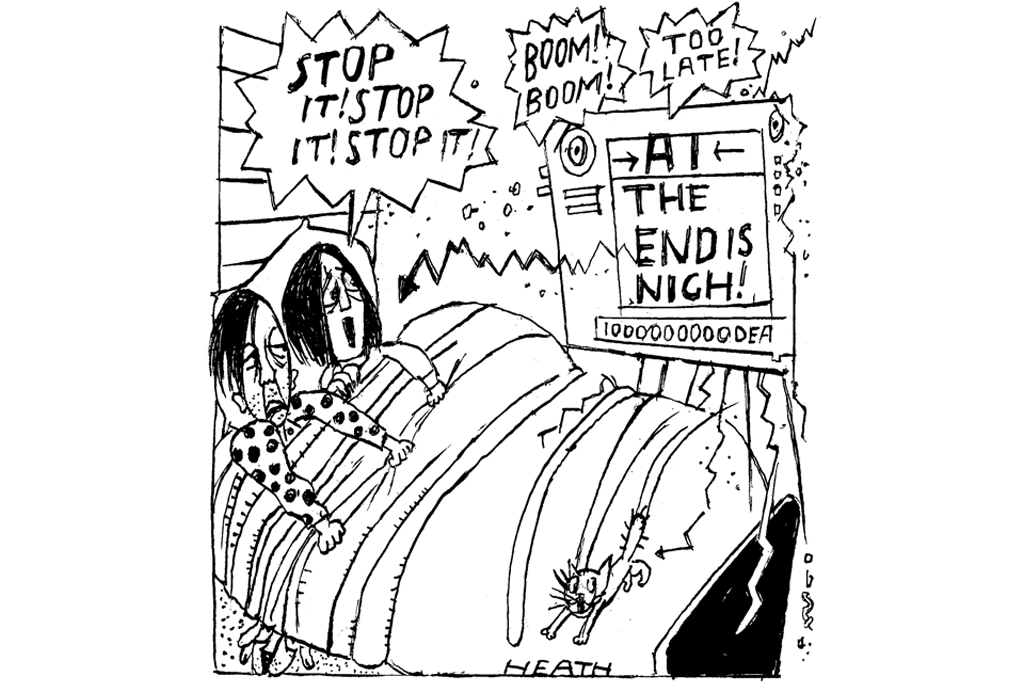You can hear it already. Rising from the tents of the dejected Democrat camp comes the whimper of self-reproach. It’s all our fault. Liberalism created this monster. There’s a distinct whiff of mea culpa in the air. Nostra culpa, nostra maxima culpa for the alienation of half the American people.
Donald Trump and his mob? It’s the fault of liberals for not feeling Trump-America’s pain. We fed their despair. Noses in the air (apparently), deaf to the woes of all those deplorables, and babbling about trans rights, preferred pronouns and all the rest of the “woke agenda,” we have lost the trust of those we (apparently) secretly consider negligible.
Hence Trump, apparently. Hence Reform. Hence Le Pen. Hence the AfD. Hence populism. Symptoms, all of them, not agents: unwitting by-products of American and European liberalism’s self-indulgent disregard for the silent majority of the just-about-managing. Apparently Theresa May’s “citizens of the world” have simply blanked what the (normally liberal) David Goodhart calls the “Somewhere people” in his The Road to Somewhere. No wonder they’re revolting. Blame the Anywhere people.
The US presidential election has provoked an inflamed outbreak of this liberal self-flagellation. A hero of mine, Andrew Sullivan, high priest in the marriage of personal freedom with conservative politics and one of the finest essayists alive, writes in the Sunday Times of London about how he was almost (but not quite) ready to vote for Trump, so sympathetic is he to forgotten America’s rage against the woke “elite.” The Democrats (he writes) have “missed a critical new reality in American politics: it’s about class, not identity” — and we liberals are snobs.
An equally hard-hitting essay by David Brooks in Atlantic magazine (“Confessions of a Republican Exile”) describes why, as a former Republican voter, he has almost (but not quite) despaired of his new roost among the Democrats. They just don’t seem to “get” the frustration with liberalism that has driven the supposedly left-behind half of America into the arms of Trump, he laments.
Enough. The self-criticism has gone too far. All this wailing about what we liberals have apparently caused calls to mind (and will remind Spectator readers old enough to remember Peter Simple’s weekly parody in the Telegraph) Dr. Heinz Kiosk, the popular psychoanalyst and consultant to the Ministry of Jet Propulsion. Dr. Kiosk’s audience, as he approached the habitual peroration to his lectures — “We are all guilty!” — would make a despairing rush for the doors and windows.
There’s a double irony in the liberal urge to blame populism not on the populists, but on ourselves as liberals for neglecting them. The first irony is that blaming societal conditions rather than individuals is what in other circumstances infuriates your western populist. The habit is mocked in Sondheim’s parody of liberal social workers in West Side Story: “Gee, Officer Krupke, we’re very upset / We never had the love that ev’ry child oughta get / We ain’t no delinquents / We’re misunderstood / Deep down inside us there is good!”
But, in the case of Trump supporters, deluded populist fantasists and their deranged leader are proving the beneficiaries of the liberal blame-shift from someone to everyone. Listen, for a similar case, look to that supremely articulate once-student (now cheerleader) of the British populist right, Professor Matthew Goodwin, interviewed recently on Nick Robinson’s Political Thinking podcast. Cogent, fluent, passionate, Goodwin’s is nevertheless essentially a massive bleat. The elite (it emerges), blind to ordinary voters’ anxieties about immigration, “two-tier policing,” economic hardship, etc, has radicalized his crowd. It’s all our fault — or so we are supposed to believe. Populists who get so irritated when race riots are blamed (by the liberal elite) on “white privilege” now bask in the comfortable conclusion that they and their politics are victims of elite privilege.
The second irony is that excusing Trump supporters for believing nonsense and placing their faith in a rascally demagogue on the grounds that they know not what they do, and college-educated people drove them to it, is deeply if subtly insulting. It’s as if we consider them to be children, unable to make informed decisions. Be clear: we liberals do not believe a Trump presidency will be in the interests of Trump supporters. Yet the poor lambs have been deceived by his infantile promises. It must be our fault, we grown-ups who (unlike them) have rumbled him.
It’s time we stopped patronizing populists by cooing that we’re sorry we didn’t listen and will henceforward do our best to “address their concerns.” We should treat them as the adults they are, and tell them, man to man, that their concerns cannot be met. In countries like America, where money, talent and ambition gravitate towards clusters where success breeds success, we cannot realistically level-up with scarce public funds when the Treasury’s cupboard is bare.
In a national workforce where whole sectors of the economy are critically short of workers to fill jobs we must either import labor (immigration), hoist wages to a level that attracts native workers (inflation and higher taxation) or starve the health, social care, farming and service sectors of workers (ruination). We can keep out imports at a stroke, but prices will rise and our own exporters will face reprisals.
Yes, we can put more and more people in prison and keep them there longer, and — yes — “serve them right;” but all experience shows this does not reduce criminality and costs a bomb (taxation).
British populists wanted to leave the EU, and they did: the leaders complied — and much good it did anyone. But, yes, the British and more importantly the United States can draw in our horns, run down defense and leave foreign tyrants to do their worst. That’s what populists wanted before World War Two. They were wrong.
“Wrong,” plain and simple. Liberals should stop beating ourselves up, stop whimpering about how we failed to address populist concerns, and face millions of good but deluded men and women with honest argument. They are wrong. We are right. We shall be proved right. Chins up.
This article was originally published on The Spectator’s UK website.



